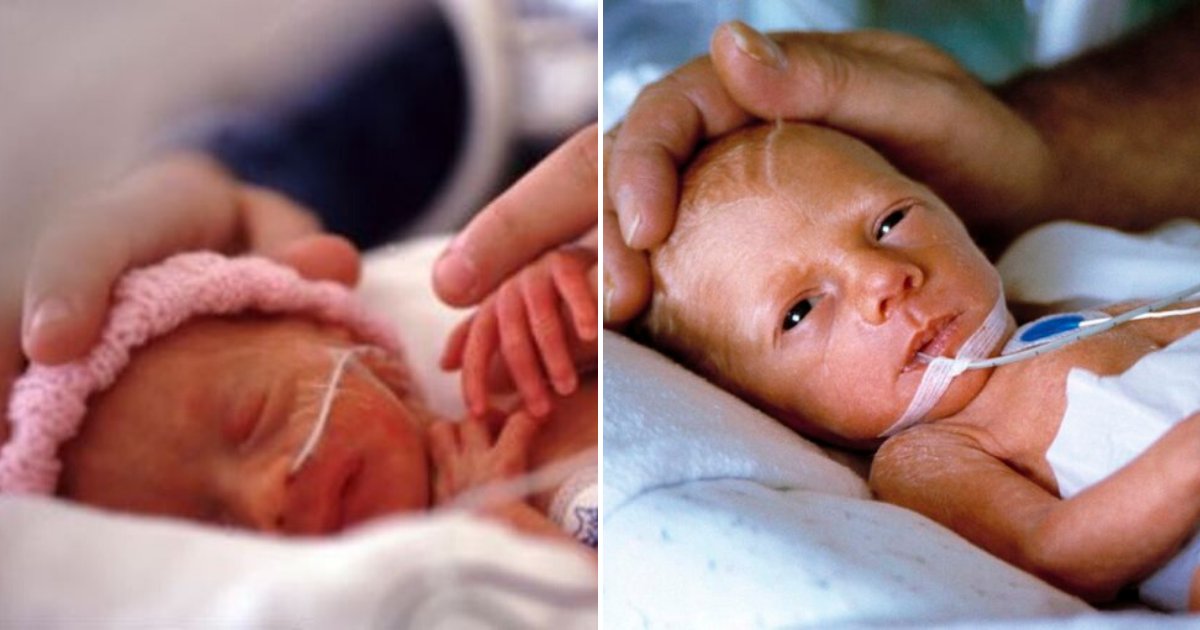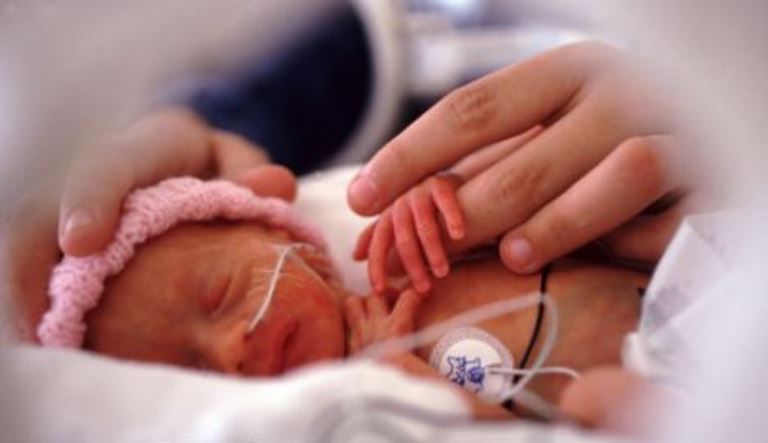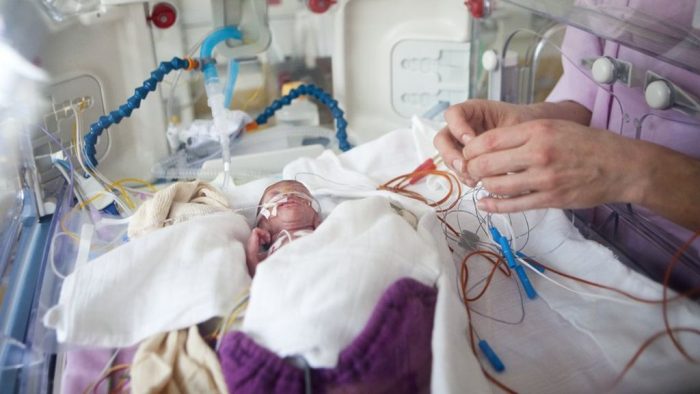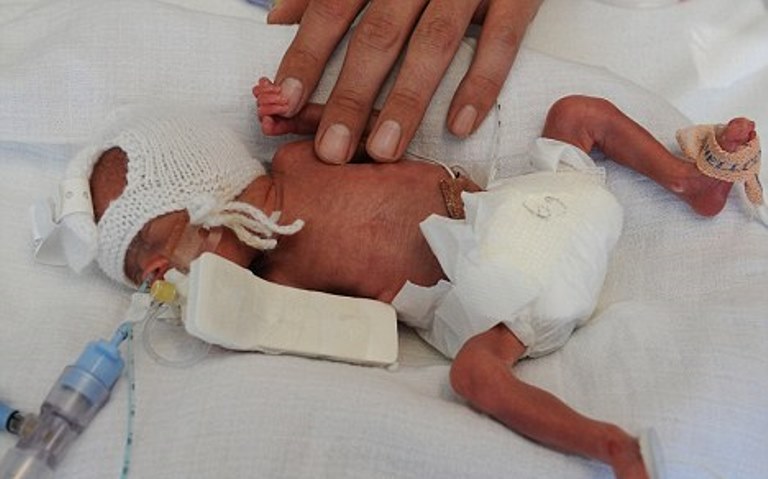According to new clinical guidance in the UK, doctors should routinely try to save the lives of babies born as early as 22 weeks.
Thanks to medical and technological advances, extremely premature babies now have better survival chances than before.
The guidelines instruct doctors to change their practice but the announcement also triggered uproar from pro-life campaigners who said the 24-week abortion limit should be lowered as well.
In just over a decade, the number of extremely premature babies who are treated and survived significantly increased.
About ten years ago, it was unheard of for babies to thrive if they were born before 23 weeks of pregnancy. Guidelines previously suggested doctors should simply give them palliative care to keep them comfortable.
By 2016, 35 percent of extremely premature babies who received ‘active care’ managed to survive.
The British Association of Perinatal Medicine published new guidelines that say increased survival chances mean doctors should always attempt to resuscitate babies born as early as 22 weeks.
They say that parents’ wishes should also be considered on a case to case basis and mentioned that most babies will not make it. Of those who survive, a third may be left with severe disabilities. However, the guidelines stress that it is ‘appropriate’ to extend their lives.
Guideline author Dominic Wilkinson said these ‘complex ethical decisions’ can’t be lowered into basic rules.
“What we encourage is the idea that decisions have to be made on a case by case basis, what we have to acknowledge is that it is appropriate to attempt intensive care for some babies born this early, those who have favourable risk factors where parents have been counselled and wish this to be tried,” he said.
“Other babies at 22 weeks with unfavourable risk factors may be at extremely high risk of dying or of suffering very severe complication and in that situation the framework recommends that palliative care would be the normal approach.”
Professor Wilkinson continued: “One of the issues is that medicine is continually evolving and what we have put together is a framework based on what we know at this point in time.
“We can’t say what might be possible in the future but we are coming up against the limits of physiology.
“So babies developing in the womb are only developing the very earliest parts of the lung able to exchange oxygen at 22 weeks gestation, and because of that some can just survive at 22 weeks but before that point they have no ability to get oxygen into their blood.”
Deputy chief executive of the Society for the Protecton of Unborn Children John Deighan also said attempts to save babies born before the 24-week abortion limit reveal a ‘shocking contradiction.’
“We rightly recognise the value of tiny premature lives in these new policies, so how can we continue to permit laws which allow the killing of babies at the same age through elective abortion?”
However, a spokeswoman for British Pregnancy Advisory Science said: “here is no contradiction between doing all we can so that babies born long before they are ready for the world have a chance of living, and ensuring that the very small number of women who need to end pregnancies in the final weeks of the second trimester, often in incredibly tragic and desperate circumstances can do so.”
What’s your take on this? Let us know in the comments section and SHARE this with your friends and family!
Replaced!







